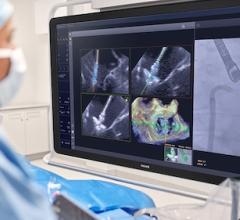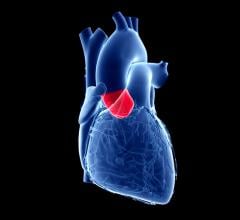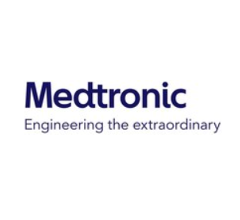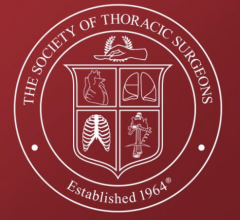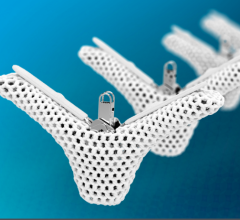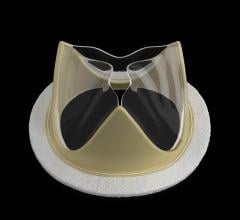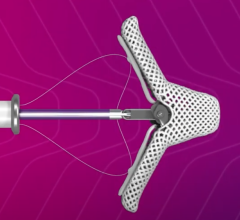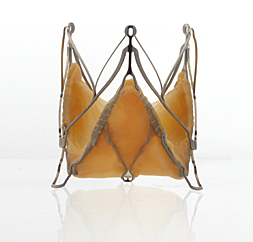
June 3, 2014 — JenaValve Technology Inc., a privately held, venture-backed developer of transcatheter aortic valve implantation (TAVI) systems for the treatment of aortic valve disease, announced the results of the JenaValve EvalUation of Long Term Performance and Safety In PaTients with SEvere AoRtic Stenosis (JUPITER) registry at EuroPCR in Paris. JUPITER is a post-market registry designed to evaluate acute, 30-day and long-term safety and effectiveness of the second-generation transapical JenaValve TAVI system in elderly high-risk patients. All major VARC I events were adjudicated by an independent medical reviewer with 100 percent SAE event monitoring.
“The JUPITER registry is based on a high-risk patient population with severe degenerative aortic valve disease,” said Olaf Wendler, M.D., consultant cardiothoracic surgeon at King’s College Hospital London and principal investigator for the registry. “The positive outcomes and low adverse event rates confirm the benefit of treating patients suffering from aortic stenosis with the JenaValve TAVI system.”
In the 30-day results, JenaValve demonstrated good procedural success rates and excellent clinical outcomes in a real-world patient population. In 180 patients with a mean logistic EuroSCORE of 22.3 percent, the procedural success rate was 95 percent. Major adverse events such as major stroke (1.1 percent) were very low and represent the safety of the JenaValve TAVI system. Excellent hemodynamics and very low paravalvular leakage (PVL) confirm the advantages of the system; 99.4 percent of the patients were discharged with PVL that ranged from non-existent to mild, and severe PVL did not occur in any of the discharged patients.
“The low PVL rates are particularly promising as post-implantation leakage around the valve is a common concern and a dangerous side effect often seen in patients with severe calcification of the valve or valve leaflets. JenaValve’s technology enables precise anatomically correct positioning and more secure attachment to even highly calcified anatomies, resulting in one of the lowest PVL rates seen in other published registry data,” Wendler added.
Dr. Hendrik Treede, M.D., senior consultant at the University Heart Center in Hamburg and co-investigator for the JUPITER registry, said, “More than 25 percent of the patients included in the registry have been treated using a new proprietary delivery system called Cathlete Plus. Cathlete Plus received CE mark in September 2013 and we have been one of the first centers using it. The functional improvements compared to the Cathlete delivery system were obvious already in the first case: Its intuitive and reliable design has improved the ease of use and gives you control over delivery and placement of the prosthesis. The registry confirms now that these improvements also result in outcomes even better than the legacy delivery system. The JUPITER data shows a procedural success of almost 98 percent and an all-cause mortality of 8.5 percent.”
“We are very encouraged by the excellent patient outcomes and positive physician feedback related to the new Cathlete Plus delivery system. The JUPITER registry data continue to demonstrate that the unique advantages of the JenaValve system result in beneficial clinical outcomes for patients suffering from aortic valve calcification,” said Helmut J. Straubinger, CEO of JenaValve Technology.
For more information: www.jenavalve.com

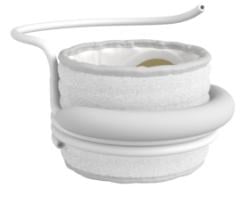
 December 24, 2025
December 24, 2025 
